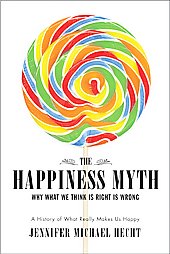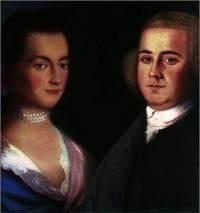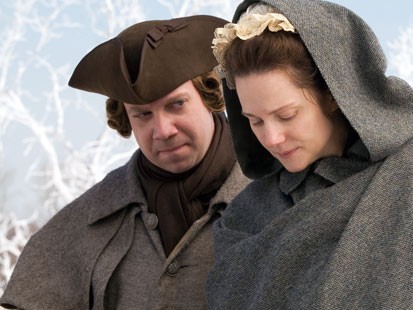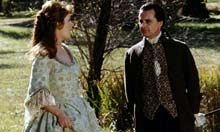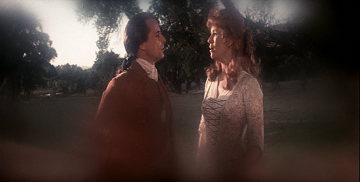Citizens of the United States respect our Political Ancestors, the “Founding Fathers”, more than the citizens of any other nation on Earth. Most nations respect their major historical figures, but we practically worship ours. We name our streets, social clubs and companies after them, even putting their images on our currency -as a reminder of what ideals we value. Thorough study of their deeds tells us much of the origins of our nation, but they should not be Iron Rails upon which we should set our future.
The Founding Fathers -or “Founders” if you’re into that whole brevity thing- are a hard to pin down group -there were over 100 men we could call “Founding Fathers” -participants in the Continental Congress, the American Revolution, and Constitutional Convention. Many were lawyers, many were soldiers, all were white, male, and of some means. There’s a prevalent belief among politicians and pundits that if one could simply latch on to a Founding Father that shares one’s opinions, one could win every single argument they have about politics. This is not so, for many reasons.
Firstly, we must stop projecting our own political labels onto the Founders. Were they liberals rebelling against a heartless stodgy authority? Were they Conservatives securing their ability to make money without interference by bureaucrats? We cannot claim them as “Liberal” or “Conservative”, as these labels did not yet exist. The modern political spectrum is a product of the French Revolution, which began after the American Revolution ended.
Secondly, the Founders often contradict one another. Thomas Jefferson and Alexander Hamilton had a very public, very embarrassing feud during George Washington’s first term. Furthermore, one could easily contrast Benjamin Franklin with his fellow Pennsylvanian, Dr. Benjamin Rush. The famous deist libertine is nothing like the priggish puritanical physician (in his defense, Dr. Rush was a very charitable man, if a little boring). There has been more than enough ink spilled about every Founder, and they were not always in Harmony. The Constitution was vaguely worded to ensure it would actually get ratified, and each of the signatories argued what it actually meant after ratification.
Thirdly, just because an opinion was held by a Founding Father doesn’t make it correct. Jefferson didn’t believe black people were equal to white people. Despite his native brilliance, he held a very wrong-headed belief. Additionally, being racist doesn’t automatically make one as smart as Jefferson.
Fourthly, and perhaps most importantly, there are various topics on which we will never know the opinions of the Founders. They all died before medical science had developed to the point that surgery could be considered remotely safe -the danger of infection made it a last resort. Abortion as we know it did not exist yet. They also didn’t know about heavier-than-air-flight, radio waves, or modern medical science. Were we to apply “Original Intent” consistently, we would not have the FAA, the FCC, or FDA. Say what you want about the effacacy these organizations, but the fact remains that there were things that the Founding Fathers could not anticipate, and in the passing centuries, we had to sort it out without them.
Most of the Founding Fathers were concerned about posterity, and imagined the United States was a “new order for the ages”, that would outlast them, their children, and their children’s children. No one doubts that they’d be pleased with the result, and pleased that people still honour them. But a country that devotes all its energy pleasing men long dead will not survive in the face of new challenges. We now have to trust ourselves. America needs to embrace the idea of a living Constitution, cease the deification of the Founding Fathers, and approach challenges in a way that is effective but just.
At least, I hope that’s what the Founding Fathers would have wanted.

